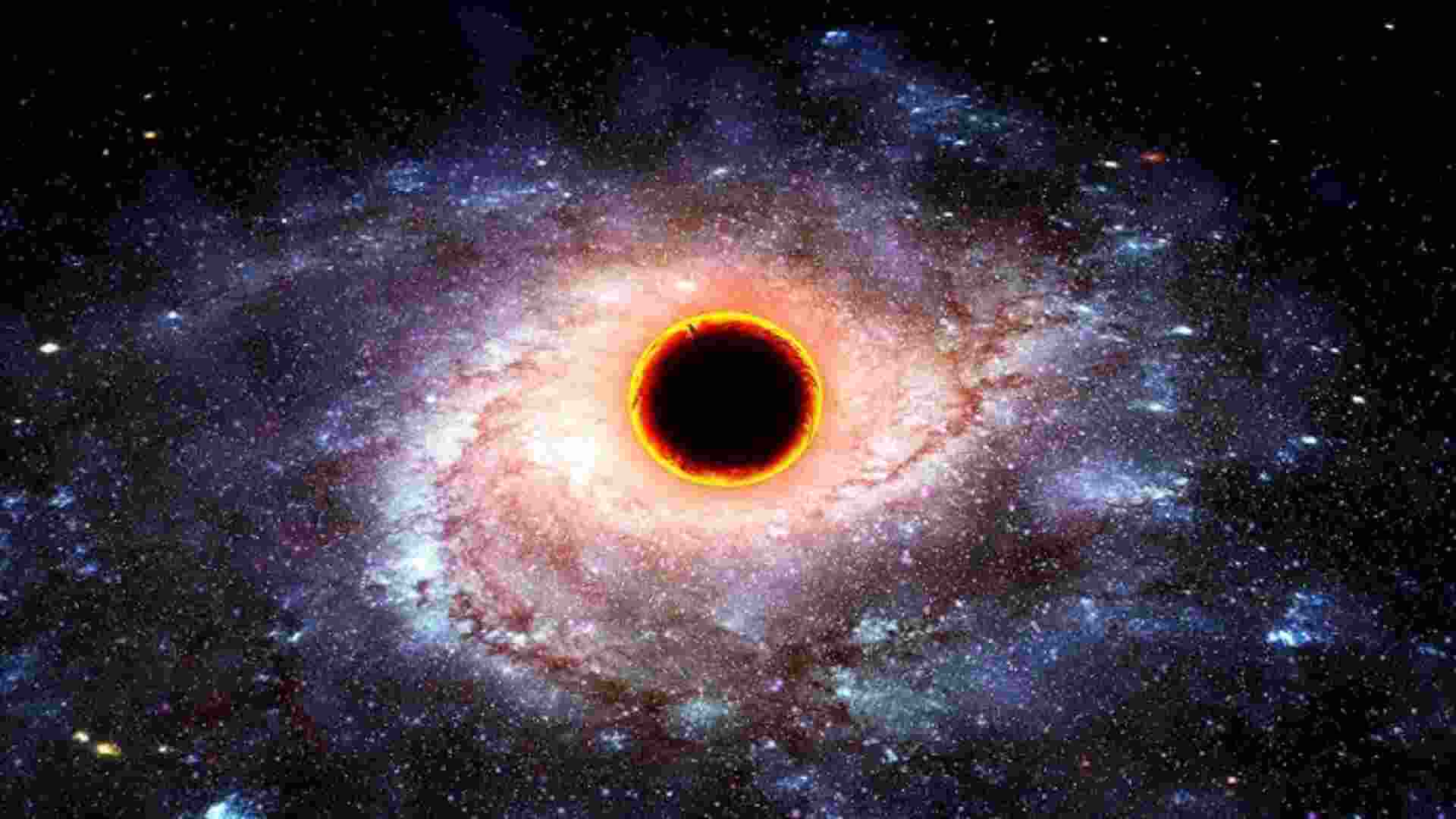Scientists have proposed a groundbreaking theory suggesting that black holes may be linked to the expansion of the universe. This research indicates that black holes could contain a form of energy associated with dark energy, the force that astronomers believe is accelerating the universe’s expansion. The findings were published in the Journal of Cosmology and Astroparticle Physics on October 28.
Understanding Dark Energy
Dark energy is estimated to constitute about 70 percent of the universe and was theorized in the late 1990s when astronomers observed that the universe’s expansion is accelerating. This observation led to the concept of dark energy as an anti-gravitational force that causes galaxies to move apart at increasing speeds. While extensive research has been conducted on dark energy, its specific nature and origins remain poorly understood.
The Role of Black Holes
A recent study by researchers from institutions like the University of Michigan and Arizona State University introduced a novel concept called cosmological coupling. They propose that black holes are not merely passive entities; rather, they may actively participate in dark energy interactions. The researchers argue that as black holes form from dying massive stars, they might also generate dark energy, linking their formation to the universe’s expansion.
Insights from Observations
The Dark Energy Spectroscopic Instrument (DESI) survey tracks millions of galaxies to examine how dark energy density changes throughout the universe’s evolution. The researchers noted a correlation between the formation of new black holes and dark energy density. When massive stars shed their outer layers to form black holes, they may release energy that influences dark energy and is simultaneously affected by it.
By analyzing supermassive black holes in distant elliptical galaxies as observed billions of years ago and comparing them to those in the current universe, the team found that these black holes have increased in mass over time. This observation supports the idea that black holes might harbor vacuum energy, exerting an outward force that contributes to the universe’s expansion.
Implications of the Hypothesis
If this hypothesis is validated, it could transform our understanding of both black holes and dark energy. Gregory Tarle, one of the study’s authors, emphasized that determining the direction of gravity’s strength at the centers of black holes could illuminate conditions akin to those observed during inflation in the early universe’s formation. The study suggests that events occurring during inflation may be reversed during gravitational collapse, converting matter back into dark energy.
Scientific Skepticism
Despite the promising implications of this hypothesis, skepticism persists within the scientific community. Currently, scientists have not provided sufficient evidence to substantiate the connection between black holes and dark energy. However, researchers are optimistic that ongoing observations with tools like DESI will enhance understanding in this area in the future.







